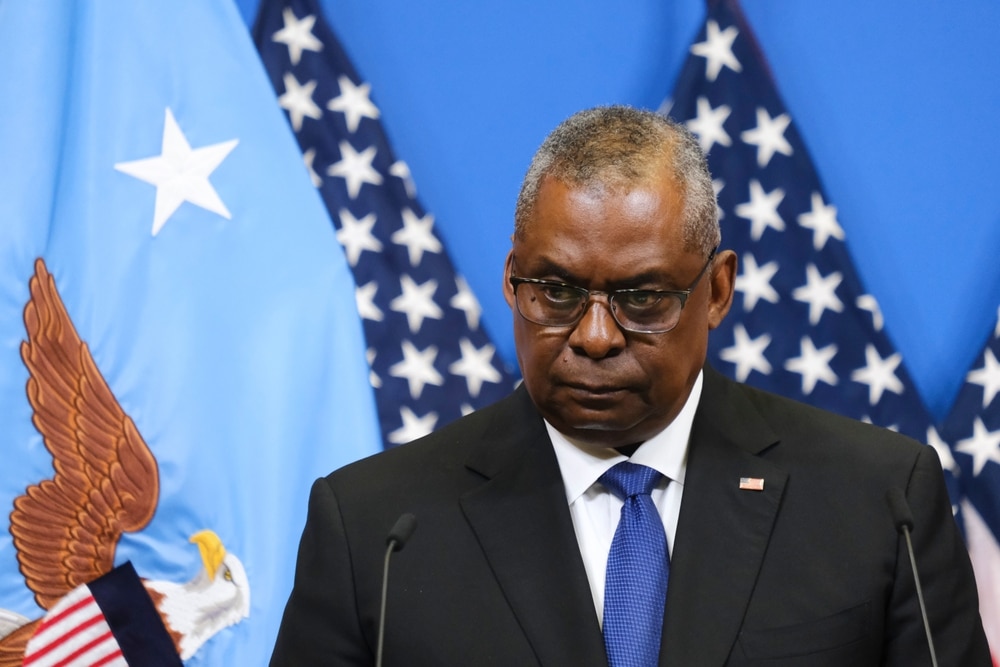A military appeals court has ruled that Defense Secretary Lloyd Austin overstepped his authority in attempting to revoke plea deals for Khalid Sheikh Mohammed, the accused mastermind of the September 11 attacks, and two co-defendants, a U.S. official confirmed. This decision restores the validity of the agreements, which include guilty pleas in exchange for life sentences rather than the death penalty.
Khalid Sheikh Mohammed, along with Walid bin Attash and Mustafa al-Hawsawi, was accused of orchestrating the 2001 attacks that killed nearly 3,000 people and propelled the U.S. into its “war on terror.” The men had been detained at Guantanamo Bay since the early 2000s and faced lengthy pretrial proceedings, largely centered on the admissibility of evidence obtained under torture while in CIA custody.
After two years of negotiations, military prosecutors and defense attorneys reached plea agreements in mid-2023. The deals, approved by Pentagon official Susan K. Escallier, included guilty pleas to war crimes charges and life imprisonment sentences. However, in August, Secretary Austin rescinded the agreements, citing the gravity of the attacks and his belief that decisions regarding the death penalty should rest with him.
The Pentagon appeals panel, composed of three judges, issued a 21-page ruling on December 30, rejecting Austin’s revocation of the plea deals. They concluded that his actions were untimely and exceeded his authority since the agreements had already been signed and partially executed. “We agree with the military judge that the secretary did not have authority to revoke respondents’ existing PTAs because the respondents had started performance of the PTAs,” the court wrote.
The ruling reopens the path for the defendants’ guilty plea hearings, scheduled to begin in January 2025. These proceedings are expected to span several months, including the selection of a military jury to evaluate sentencing, victim testimonies, and mitigating factors.
The case has drawn mixed reactions from families of 9/11 victims. Some support the plea deals as a resolution to the decades-long legal stalemate, while others demand death penalty trials for those responsible. Military prosecutors now face the decision to appeal the ruling to a higher court, potentially prolonging the process, or proceed with the plea agreements.
Austin’s intervention sparked criticism from defense attorneys, who argued it constituted unlawful interference. They claimed that the deals, once approved by the Guantanamo court’s overseeing authority, should not have been nullified retroactively. The appeals court agreed with this assessment, noting Austin’s authority to influence plea negotiations prospectively but not retroactively.






